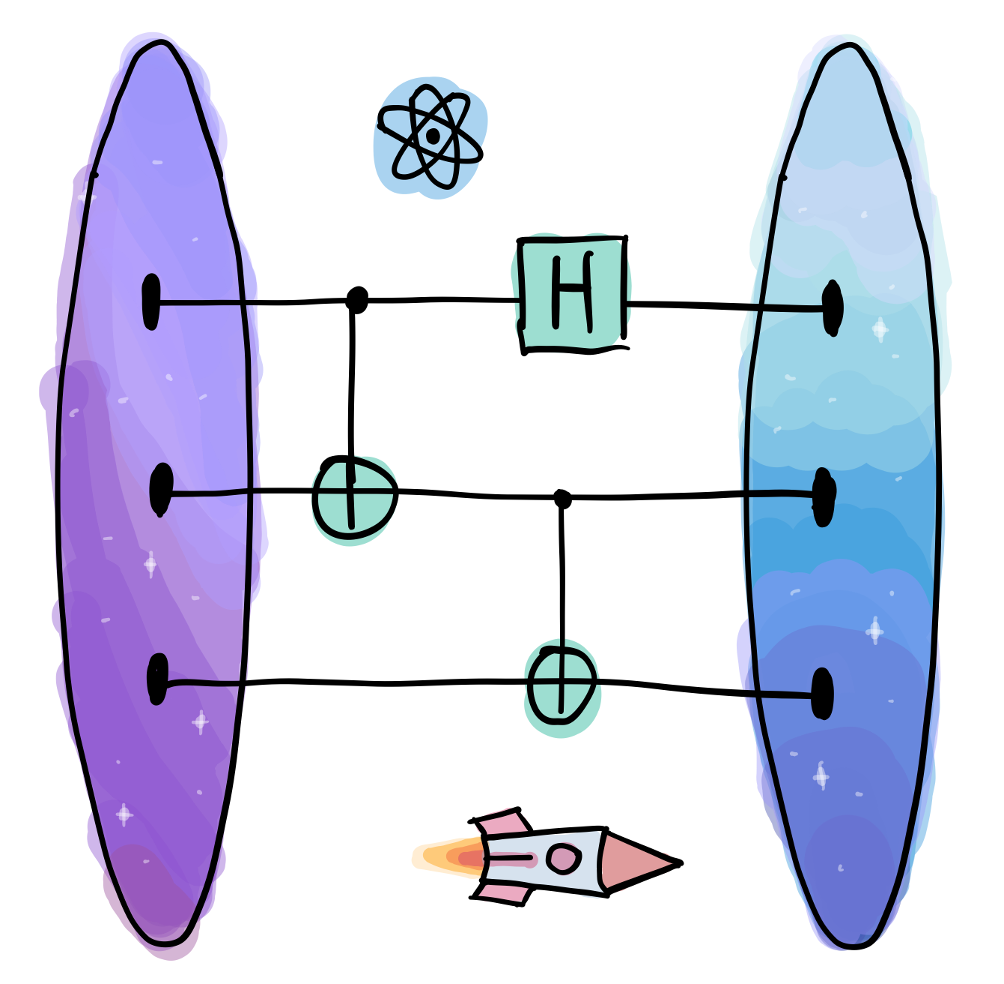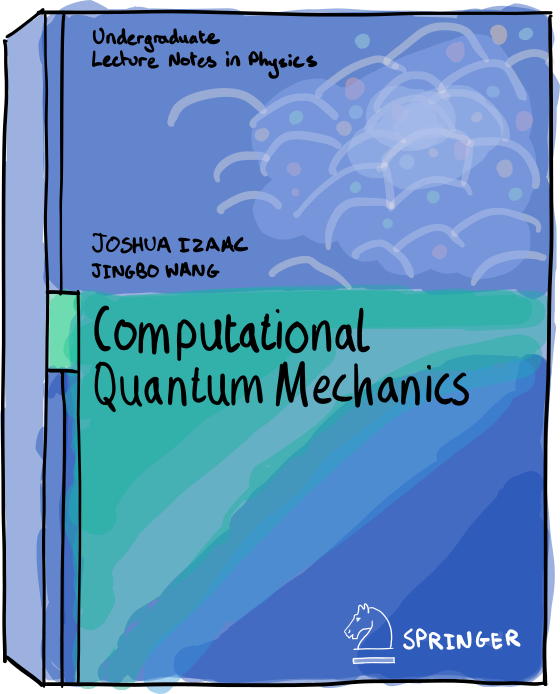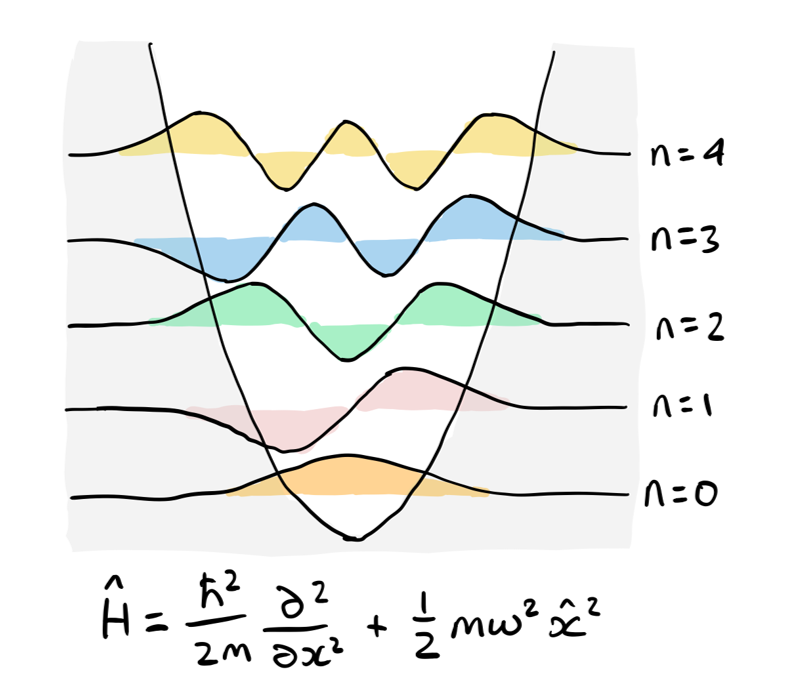I’m a computational quantum physicist, former quantum software developer, and current Director of Product, working to build accessible, open-source quantum software at Xanadu. This includes:

PennyLane, an open-source quantum software ecosystem for designing, compiling, and analyzing meaningful quantum algorithms.

Catalyst, an MLIR-based quantum-just-in-time (QJIT) compiler for hybrid quantum programs in PennyLane.
The Walrus, a C++ library for the fast calculation of intractable graph quantities required for simulating Gaussian boson sampling.
During my coding days, a majority of my work is in Python, but I have also dabbled in Fortran, C, and C++. I believe that accessible documentation is as—if not more—important as the underlying software, and this philosophy has not only guided the development of each of the libraries listed above, but governed the evolution of the PennyLane.ai web ecosystem, including:
-
A library of 180+ research-level demonstrations on topics across quantum computing;
-
A quantum compilation hub detailing techniques, implementations, intermediate representations (and more);
-
A quantum codebook that teaches beginner to advanced quantum computing topics through code; and
-
A lively community blog with over 100 posts.
To see more of the content I have written for PennyLane.ai, check out my PennyLane user profile.
In addition to the work I do at Xanadu building open-source quantum software products, I am also involved in the wider quantum software community:
-
I am a supporter and former advisory board member for the Unitary Foundation, a non-profit working to create an accessible quantum technology ecosystem.
-
I co-organized the Quantum Software 2.0 workshop at IEEE Quantum Week 2024 (and its follow up, Quantum Software 2.1, at IEEE Quantum Week 2025).
Before joining Xanadu, I completed my PhD in quantum computation from the University of Western Australia, with a focus on graph algorithms. A large component of my PhD included numerical simulation on high performance supercomputing clusters, working mostly with Fortran and Python.
Since then, my research interests have shifted over the years. Until about 2022, my focus was on quantum machine learning and quantum gradient methods. In particular, exploring how we can compute analytic quantum gradients on hardware and generalizing this result, taking advantage of thequantum geometry to improve optimization, and use machine learning to design better photonic states. Since then, my research has shifted to exploring hybrid quantum-classical compilation in the context of structured, dynamic programs. For more details, see my publication list.
In addition to research and programming, I also enjoy science writing and communication. Procrastination during my PhD resulted in my writing being featured in Australian Geographic and Science, and culminated in an undergraduate textbook for computational quantum mechanics.


Luckily, my role at Xanadu has allowed me to continue down the science communication hole, and since joining I have written about, illustrated, and highlighted various results from the quantum machine learning literature, including the quantum natural gradient, quantum stochastic gradient descent, frugal shot optimization, quantum backpropagation, Gaussian boson sampling and many others. I’ve also been lucky enough to give talks on quantum machine learning and quantum photonics at conferences such as FOSDEM and PyCon.
